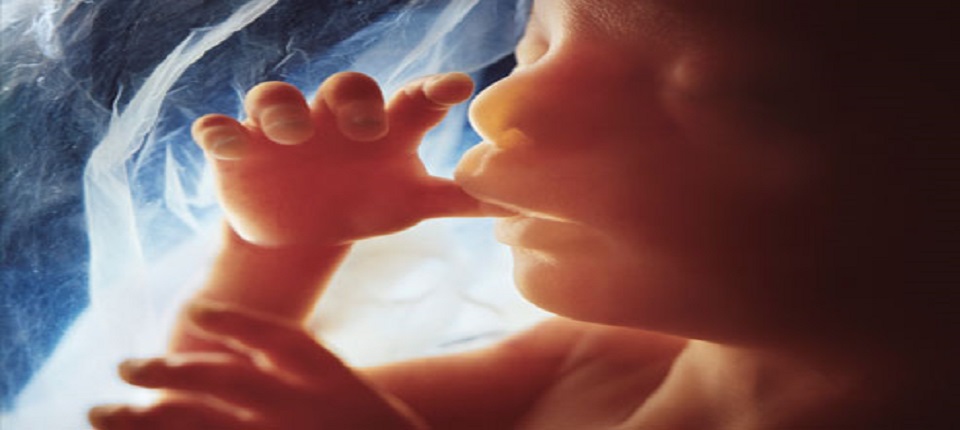
by Michael Orlans | Jan 26, 2015 | Attachment, Uncategorized
1. It is an unparalleled opportunity If life is a school, relationships are graduate school. We are biologically designed to seek and maintain attachments to others. The area in which we experience our most intense feelings as adults is with our love partner. We...
by Evergreen Psychotherapy | Dec 26, 2014 | Attachment
The ability to regulate and control one’s impulses, emotions, and level of arousal is learned in the context of the secure attachment relationship during the first three years of life. A child with attachment disorder has failed to master this stage-specific task, due...
by Evergreen Psychotherapy | Dec 19, 2014 | Attachment
The following is a list of traits associated with attachment security in adults: –Desires closeness: Seeks and enjoys intimacy without being afraid ofbecoming “too close”; does not fear rejection, have a need to push partner away, or engage in a negative...
by Evergreen Psychotherapy | Dec 15, 2014 | Attachment
Western culture has a long history of emphasizing self-sufficiency and independence. John Watson and the behaviorists in the 1940s warned parents that children should learn to soothe themselves; otherwise they would become weak and overly dependent (Watson 1928)....
by Evergreen Psychotherapy | Dec 13, 2014 | Attachment
Numerous studies have shown the positive effects of adult attachment security on self-image, stress management, values, and overall mental, physical, and relationship health. The ability to trust and depend on a partner results in a “broaden-and-build” cycle, i.e.,...

by Evergreen Psychotherapy | Dec 13, 2014 | Attachment
Over the past 20 years, the new field of “fetal programming” or “fetal origins” has been studying how in utero experiences exert lasting effects on us from infancy into adulthood. A woman’s experiences and lifestyle can change the development of her unborn baby and...



